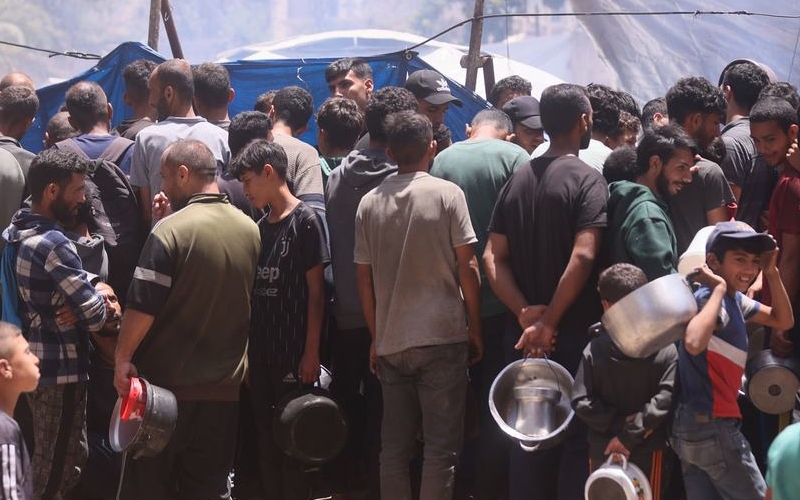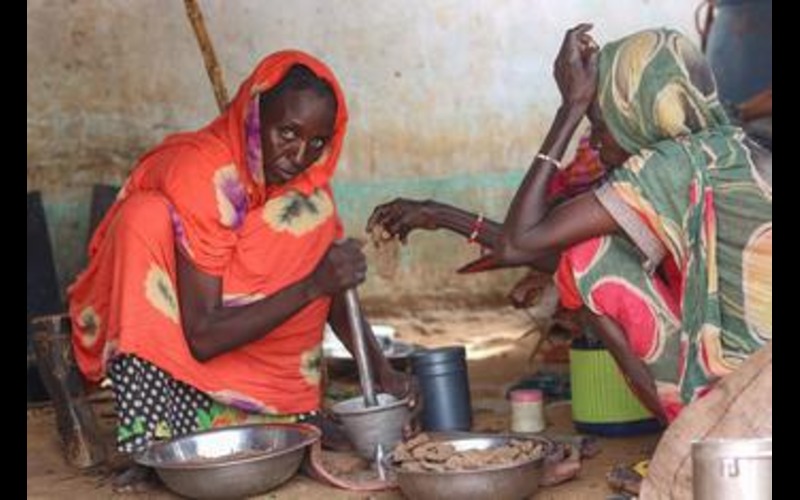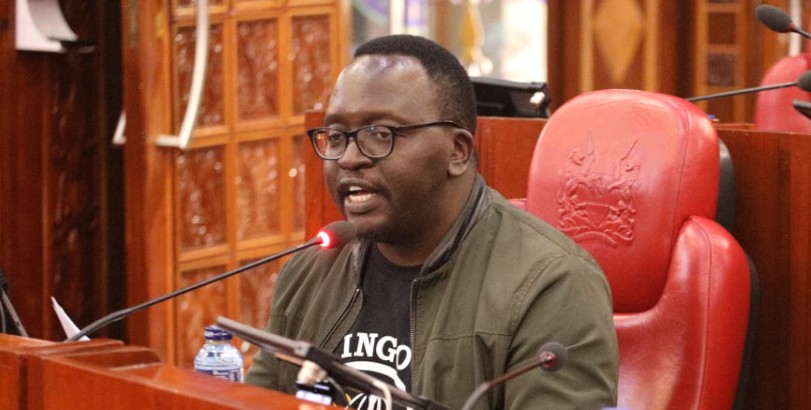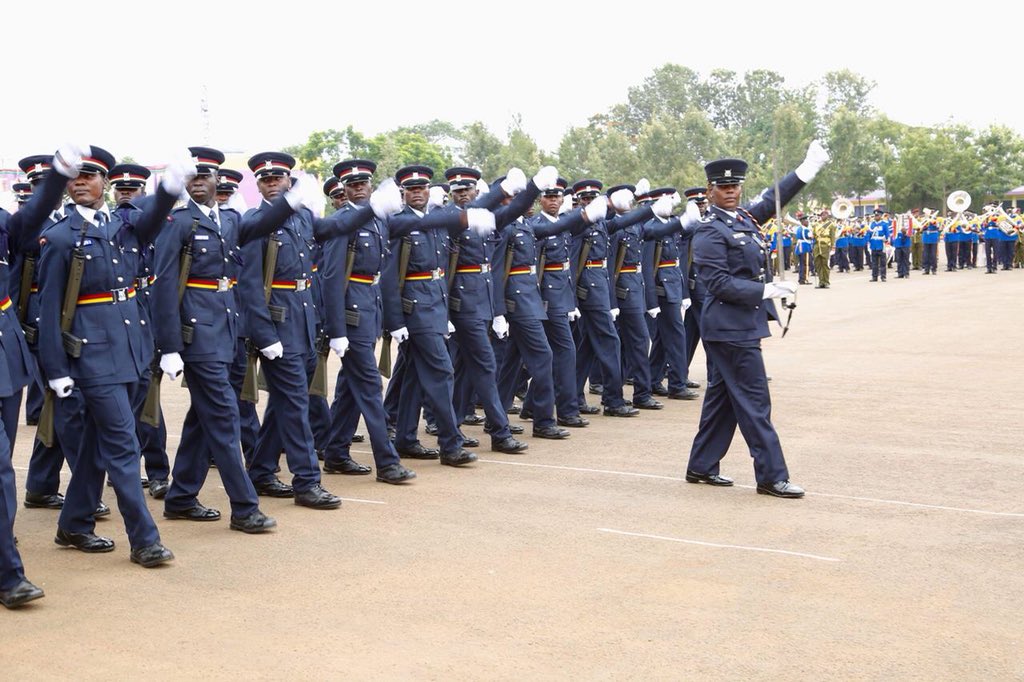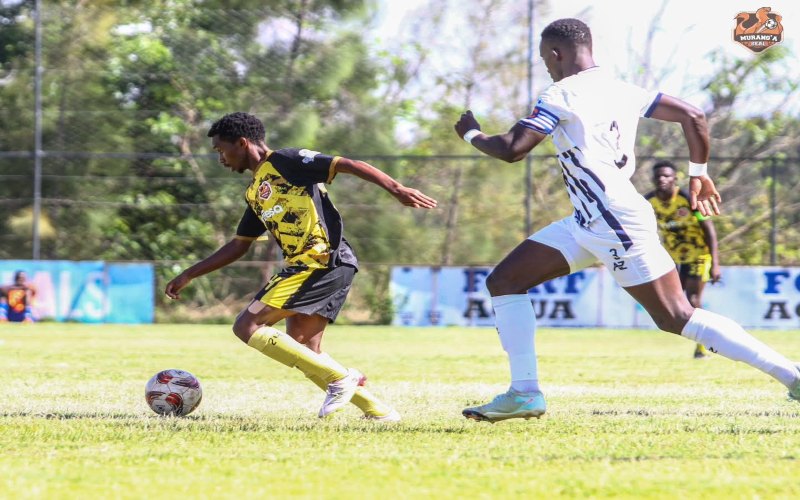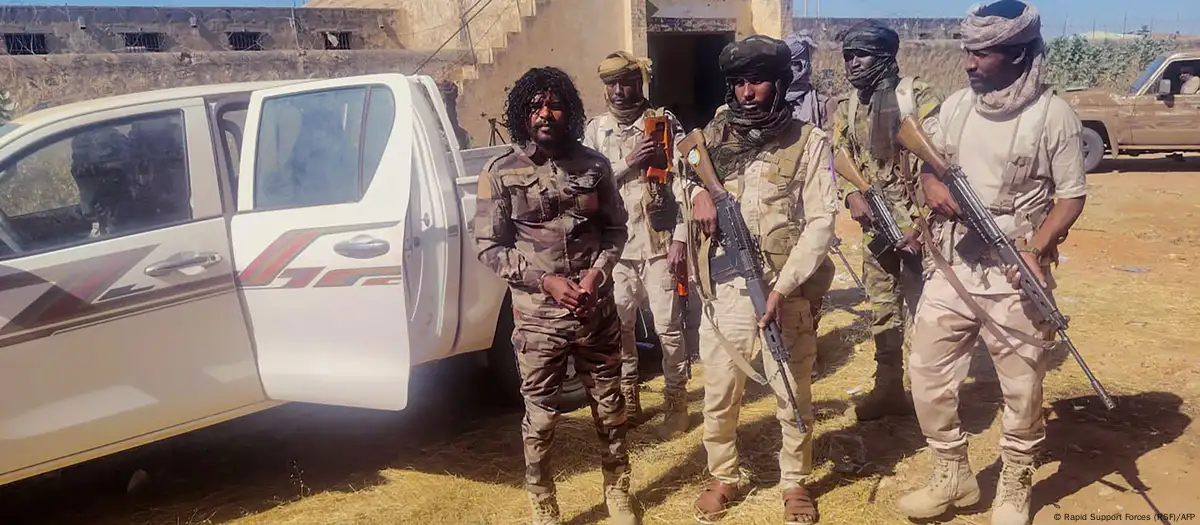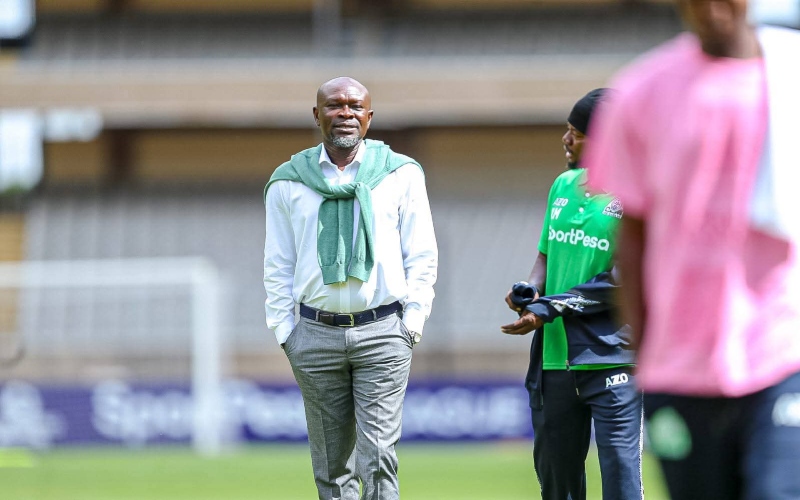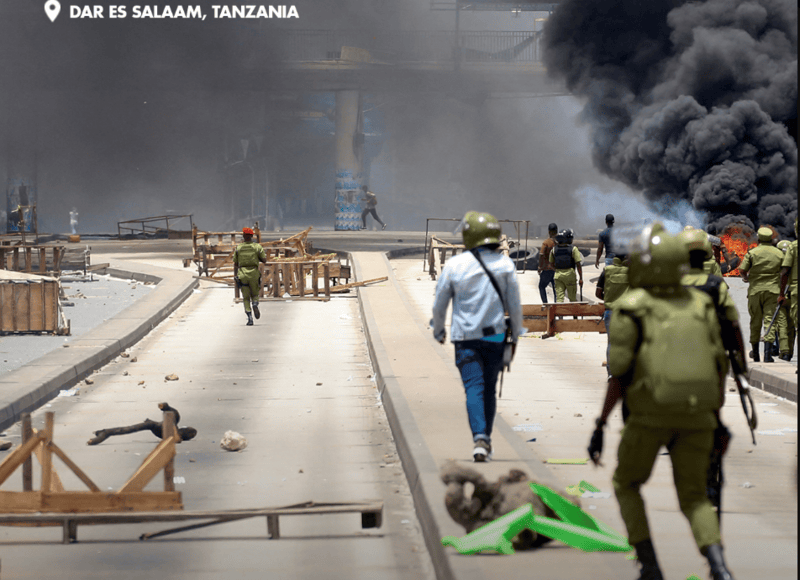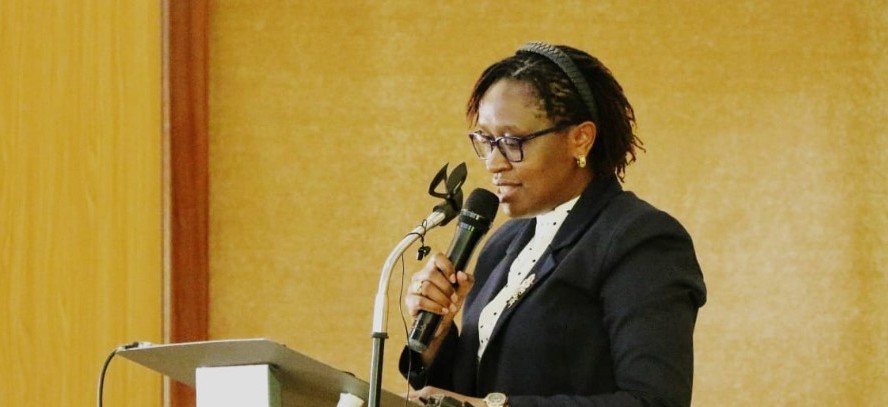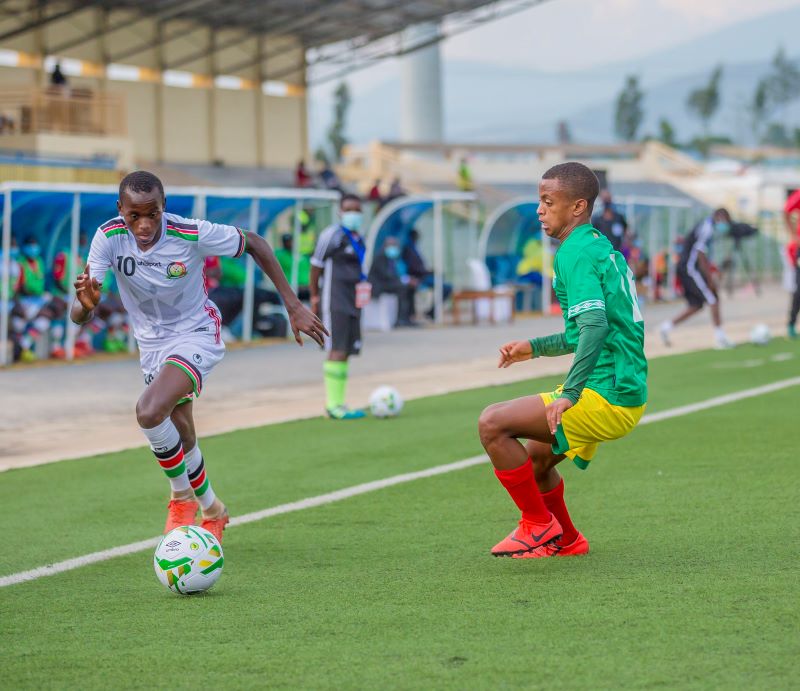Who is Tundu Lissu, Tanzania opposition leader accused of treason?
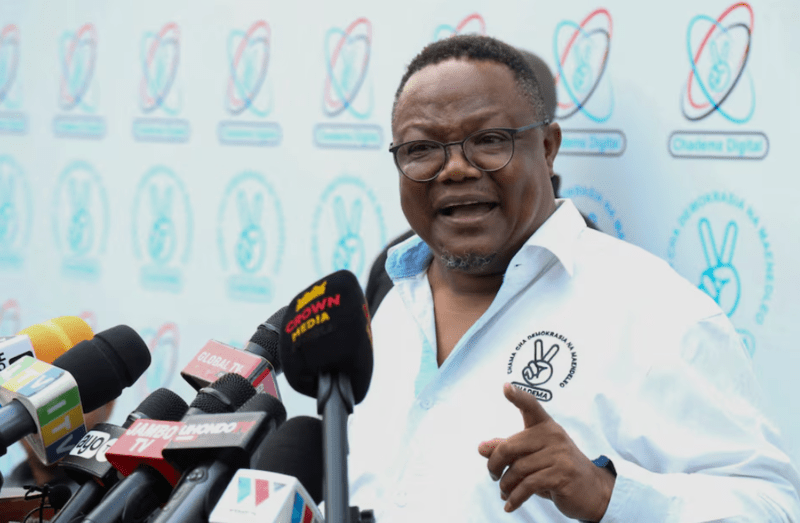
That uncompromising approach has seen Lissu, a former presidential candidate, detained numerous times and face charges such as sedition. Analysts say it has also caused rifts in CHADEMA that could hurt the party as it prepares for the elections.
Tanzanian opposition leader Tundu Lissu survived being shot 16 times in 2017 and has been arrested on multiple occasions, but now faces an even more grave challenge after being charged with treason, a capital offence, following his calls for electoral reform.
An outspoken critic of President Samia Suluhu Hassan's government, Lissu, 57, heads the main opposition party, CHADEMA, which has been campaigning under the slogan "No Reforms, No Election" ahead of national polls due later this year.
More To Read
- Opposition says 700 killed in Tanzania protests as UN condemns violence, calls for restraint
- Why Tanzania has finally joined other African nations in protest against bad governance
- Kongamano La Mageuzi lauds Tanzanian youth for protests against authoritarianism
- CHADEMA demands urgent medical care for detained leader John Heche, says he has gone three days without food
- European Union slams Tanzania elections, citing fear, censorship and violence
- Tanzania tells students to stay home after tense election
"He is passionate about politics. He likes it and he genuinely wants change," political scientist Aikande Kwayu told Reuters.
"But his approach is rigid – in that he sees one way to bring change and any other way that is different from his is not right," she said.
That uncompromising approach has seen Lissu, a former presidential candidate, detained numerous times and face charges such as sedition. Analysts say it has also caused rifts in CHADEMA that could hurt the party as it prepares for the elections.
Lissu's lawyer said the treason charges were politically driven. He has been remanded in custody and has yet to enter a plea. Prosecutors allege he is stoking a rebellion and intends to disrupt the election.
Trained as a lawyer in Tanzania and Britain, Lissu entered the political fray in 1995, when the East African nation held its first multi-party elections after decades of single-party rule.
He lost his bid for a parliamentary seat, but his profile grew as he pursued legal investigations into human rights abuses while working at a non-profit organisation in Tanzania.
He was eventually elected as a member of parliament under CHADEMA's banner in 2010 and rose to become vice chairman of the party before ascending to the top job this year after a fractious leadership contest.
Prior to the 2017 assassination attempt that forced him into exile, Lissu was arrested eight times that year and charged with incitement, among other alleged offences, by then president John Magufuli's government.
Lissu sought medical treatment in Kenya and Belgium after the vicious attack by unknown gunmen outside his residence in Tanzania's administrative capital Dodoma. But he kept a close eye on the political goings-on at home.
"The assassination attempt in 2017 really radicalised him. It made him fearless," said Nicodemus Minde, a researcher at the Institute for Security Studies in Nairobi.
"It's difficult for him to find the middle ground. That can be a disadvantage for a politician but it's who he is," Minde said.
DEMOCRACY GOAL
Lissu returned to Tanzania in 2020 to challenge Magufuli in an election but left the country again after receiving death threats.
"My most important goal is the restoration of democracy in Tanzania," Lissu told the Council of Foreign Relations in a March 2021 interview shortly after Magufuli's death.
The appointment of Hassan as president the same month raised hopes of a softening after years of political repression.
Initially seen as a consensus-builder, Hassan rolled back some of Magufuli's measures, lifting a ban on political rallies and opening talks with opposition leaders.
Those early moves were welcomed by the opposition and prompted Lissu to return home to a rousing welcome by cheering supporters in 2023.
Rights campaigners have since accused Hassan's government of cracking down on opposition, citing unexplained abductions and killings of political opponents.
Hassan says her government is committed to respecting human rights and ordered an investigation into reported abductions last year.
Parliament passed legislation last year to make the election commission more independent but opposition parties say more reforms are needed.
The new charges against Lissu, which are punishable by death, have thrown CHADEMA's election prospects into further turmoil with the party already divided over Lissu's strategy to force the government to make concessions.
Under Lissu, CHADEMA has threatened to boycott the presidential and parliamentary polls unless significant reforms are made to an electoral process it says favours the ruling party.
"There are fears that a boycott could hurt the party, because it will mean no representation in parliament," said Minde.
CHADEMA currently has 20 seats in the 393-member parliament.
"His supporters would likely see the treason charges as another feather in his cap," said Minde.
"But these are grave and serious charges, and an indication that the government will do anything to stay in power."
Top Stories Today
